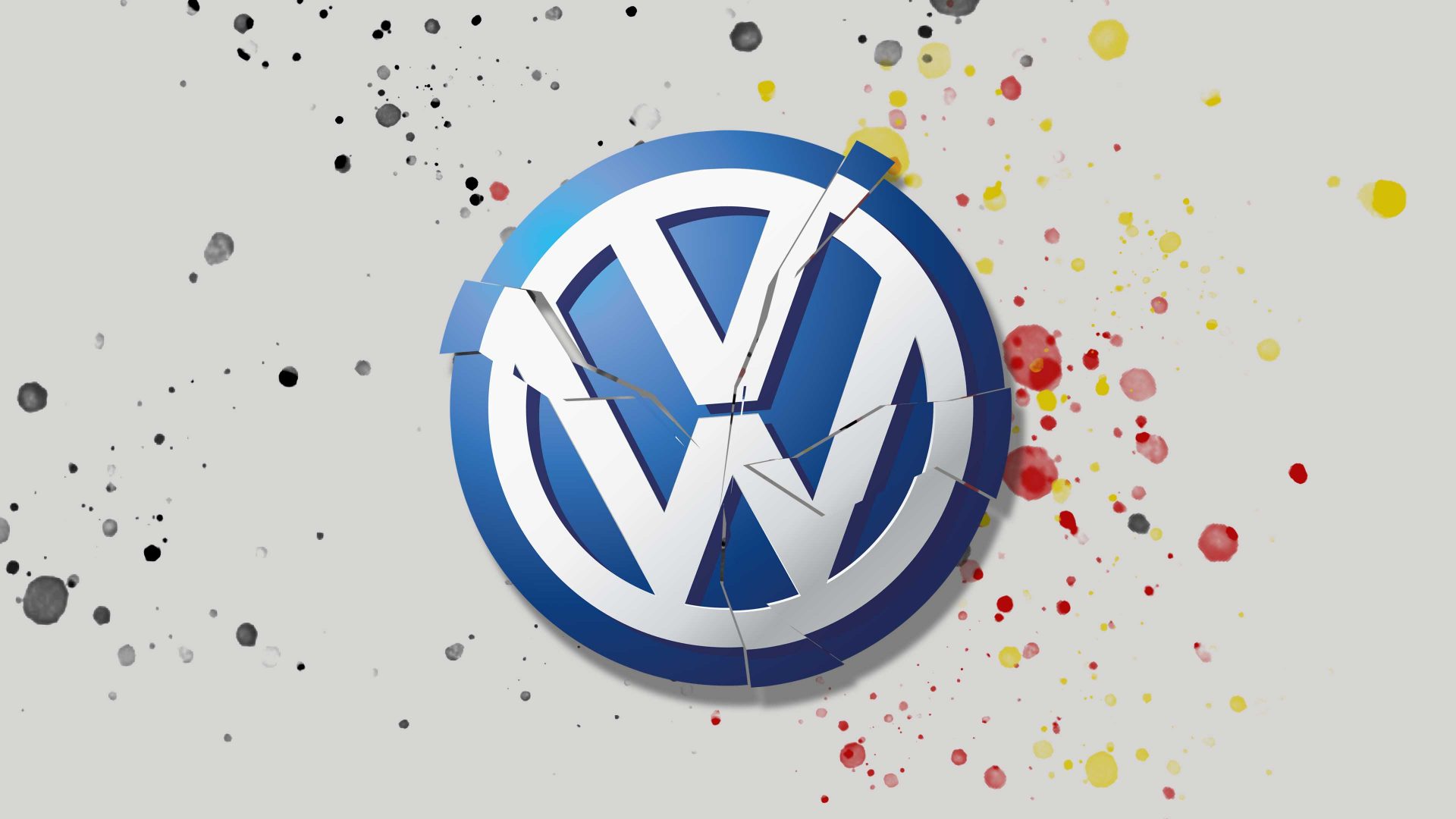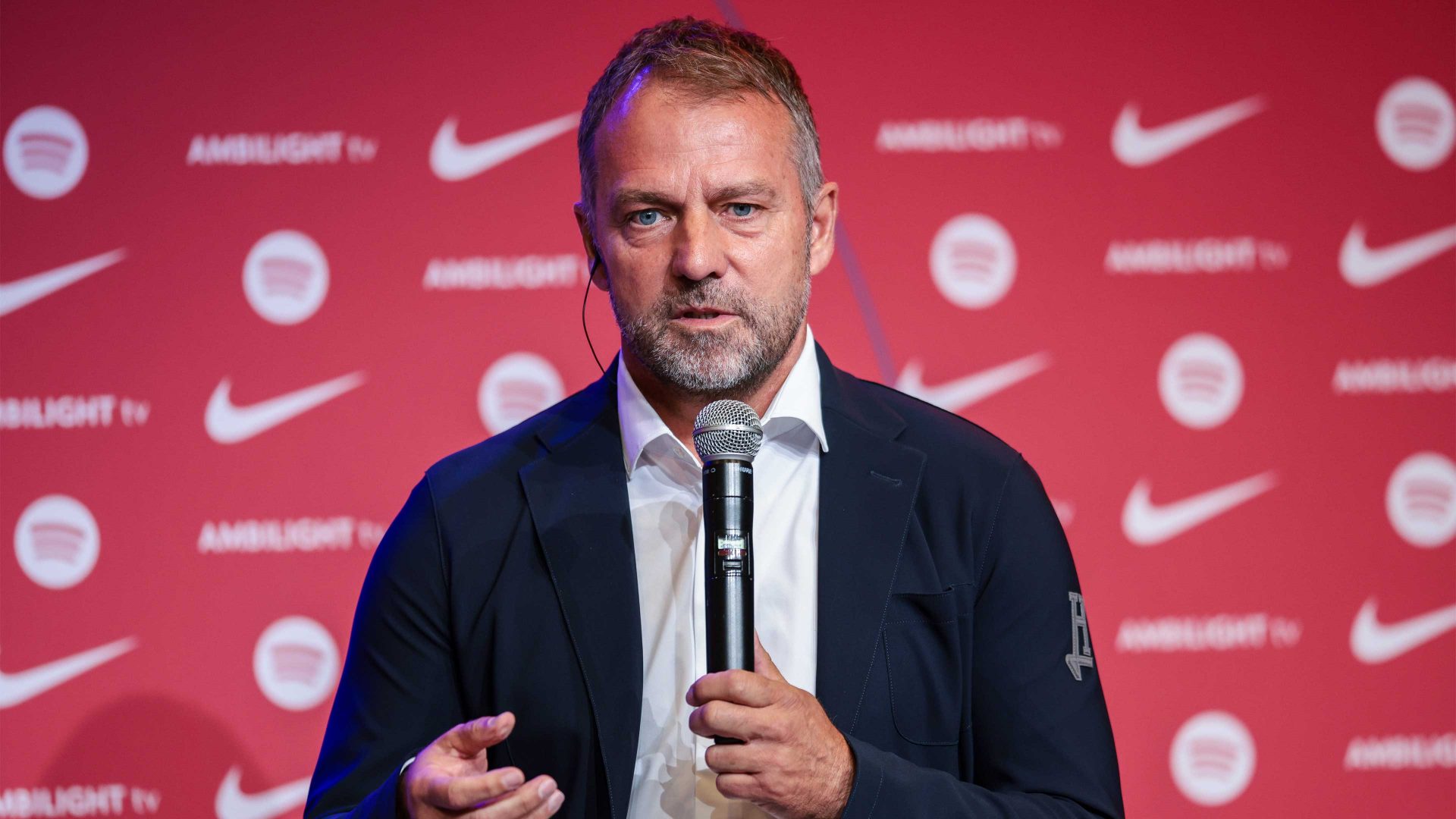In business, mistakes are usually made when things are going well. For Volkswagen, the German industrial colossus, things went well for decades. It took some time for past mistakes to catch up. Now they’re coming home.
In a seismic shift, Europe’s largest car manufacturer is threatening to shut factories in its home market for the first time in its history. For 30 years, the VW job security deal between unions and management gave workers near civil servant-like protection. That Beschäftigungs-Garantie has just been scrapped unilaterally by the CEO Oliver Blume.
“The moment you start at VW in Wolfsburg, your colleagues ask: when are you planning to build a house?”, a long-serving employee tells me. “Everyone thought they were set for life, as their grandfathers had been, unless they got caught nicking stuff. Now, for the first time, there’s real angst.” He explains how assembly line workers, roughly earning €3,000 net a month (£2,500), could easily afford detached houses worth half a million euros. Banks saw them as safe bets for mortgages, factoring in hefty night-shift bonuses and VW’s job guarantee.
But with car sales down nearly a fifth from pre-pandemic levels and disappointing demand for electric VWs, the German plants work below capacity and often unprofitably.
In 2023, VW made roughly 9m vehicles, despite a capacity of 14m. Margins are shrinking for all mass market carmakers: Renault is at 8.1% in the first half of 2024, Stellantis at 7.8% and Tesla at 14.6%. For VW passenger vehicles, however, the margin fell to 2.3%, compared with 3.8% a year ago.
Low sales means no need for night shifts, and with rising mortgage rates “losing your job at VW means losing your house”, the VW insider says. “You’ll never get a similar wage anywhere else. God help us come the next general election.” No wonder the VW bombshell announcement about job cuts was dropped after the recent state elections, as one of VW’s plants is in Zwickau, Saxony.
The shockwaves reach far beyond the 120,000 employees: if VW wobbles, the economic hit to confidence could cause Germany to lose its footing, triggering mass unemployment.
Many automotive suppliers are already facing layoffs, meaning that a cutback at VW could hit entire regions. A study found that 14% of all industrial jobs in western Germany rely on the automotive sector, while in VW’s heartland of Lower Saxony it’s 22%. Towns depend on VW’s trade taxes, too, and following the diesel scandal, Wolfsburg upped the dog tax, and daycare centres in Braunschweig charged fees again. One town even cut the rat control budget.
This crisis will be far worse, economically and emotionally.
Volkswagen isn’t just a car brand, it’s national interest and identity. The VW Käfer (Beetle) – whose boot fitted two beer crates, (or two grandchildren, as my granny found out) – was practically a family member, as was the woodstock van, the VW Bulli, often adorned with “Atomkraft? Nein, danke!” sticker. There’s even a bestselling novel called Generation Golf, about growing up in 1980s West Germany. The Golf was often the second car in a household, or a gift for (lucky) 18-year-olds finishing school.
But somewhere along the way, the Golf turned too pricey, and VW – just like Germany – became sluggish and saturated, more focused on preserving wealth and security than driving innovation. “VW plans to be where others are now in four years’ time. They are in catch-up mode, not leapfrogging,” an analyst tells me.
Complicating matters is a unique company structure. After the second world war, British allied command gave 40% of the company to the state, and Lower Saxony still holds 20% as voting shares – a blocking stake, to veto relevant decisions, often against the will of the Porsche and Piëch families who remain owners, or Qatar, another major shareholder.
Plus, since the Nazis built the VW plant in Wolfsburg with expropriated union assets, the workers’ council and the powerful IG Metall union hold influential positions on the supervisory board.
In a free market, a company’s performance dictates job security. At VW, political and union interests mean profitability and job security have been equally significant goals.
So for years, the hugely profitable sales in China cross-subsidised expensive German wages. But now, China has realised it is the biggest car market in the world and doesn’t fancy foreigners reaping all the rewards. They are pumping money into research, development and production, no matter the losses, as only a state-run economy can.
VW, once the undisputed king of the Chinese market, is hit hardest: profits have declined by 43%. Now, German labour and energy costs are beginning to bite, just as VW needs more returns to fund the transformation to e-mobility and autonomous driving tech. All in all, VW spends more than it earns.
Understandably, the debate around VW and the inevitable strikes to come is all about cost cutting. The company needs €4bn and, as bad as this sounds, the problem runs even deeper: “We can’t produce competitively,” the VW insider admits. Customers haven’t warmed to electric cars as much as VW had hoped in the first place, but even if they did, Chinese EVs can cost €30,000 less than VW’s equivalent models.
In Salzgitter, VW Group has invested around €20bn in a battery cell plant. But these homemade battery cells cost three times as much as those made in China, “so which battery should VW and Audi use?” he asks, pointing out the two-fold problem. All of VW’s cashflow goes into such big projects, but there’s too little return on investment. “VW’s strength used to be producing leading technologies ourselves, competitively. Today’s automotive innovators are Apple, Google, Musk and China, while we’re outsourcing and relying on joint ventures in these countries, places we can’t control.”




